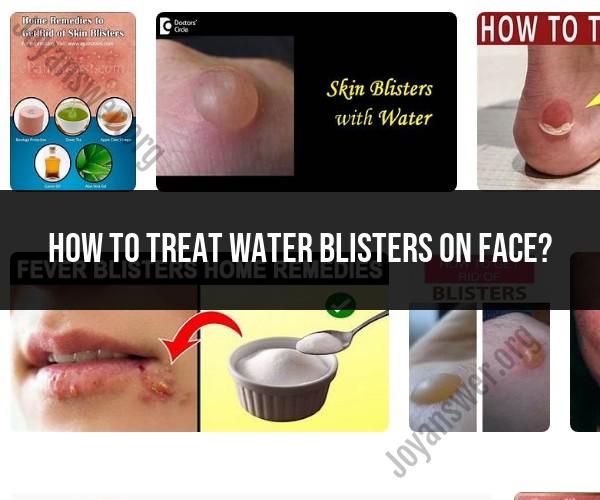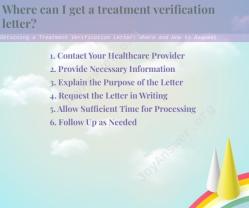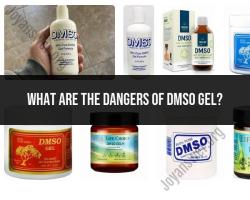How to treat water blisters on face?
Water blisters on the face, often referred to as fluid-filled blisters, can be uncomfortable and may result from various causes such as burns, friction, infections, or allergic reactions. While it's important to consult a healthcare professional for a proper diagnosis and treatment plan, here are some general guidelines for treating water blisters on the face:
Keep the Area Clean:
- Wash your hands thoroughly before touching the blister to avoid infection.
- Gently cleanse the affected area with mild soap and lukewarm water, then pat it dry with a clean, soft towel.
Leave the Blister Intact:
- In most cases, it's best to leave the blister intact to protect the underlying skin and prevent infection.
- Do not puncture or pop the blister, as this can introduce bacteria and increase the risk of infection.
Apply an Antibiotic Ointment (Optional):
- If the blister has broken or is at risk of breaking, you can apply an over-the-counter antibiotic ointment to the area to help prevent infection. Follow the product's instructions.
Use a Sterile Dressing:
- If the blister has broken or is in a location prone to further irritation (e.g., near the mouth), cover it with a sterile, non-stick dressing or bandage to keep it clean.
Pain Relief:
- Over-the-counter pain relievers like acetaminophen or ibuprofen can help alleviate any pain or discomfort associated with the blister. Follow the recommended dosage instructions.
Avoid Irritants:
- Avoid further irritation of the affected area. This may involve changing the way you apply skincare products, avoiding harsh cleansers, or temporarily discontinuing the use of products that may be causing an allergic reaction.
Stay Hydrated and Eat Nutritiously:
- Proper hydration and a healthy diet can aid in the body's natural healing processes.
Consult a Healthcare Professional:
- If the blister is large, painful, or appears to be infected, or if you are unsure about its cause, it's important to seek medical advice. A healthcare professional can provide appropriate treatment and may recommend draining the blister in a sterile environment if necessary.
Prevent Future Blisters:
- Take steps to prevent future blisters by addressing the underlying cause. For example, use sunscreen and protective clothing to prevent sunburn, avoid friction or irritation, and identify and avoid allergens or irritants.
It's crucial to monitor the blister for any signs of infection, such as increased redness, warmth, pain, or discharge. If you notice these symptoms, seek medical attention promptly.
Remember that this advice is general in nature, and specific treatments may vary depending on the cause and severity of the blister. Always consult a healthcare professional for personalized guidance on treating water blisters on the face.
Treating Water Blisters on the Face: Dos and Don'ts
Dos:
- Wash the area around the blister with mild soap and water.
- Apply a cool compress to the blister to reduce swelling and pain.
- Cover the blister with a loose bandage to protect it from dirt and infection.
- Avoid popping the blister.
- Leave the bandage on until the blister drains and dries out.
Don'ts:
- Don't pop the blister. Popping the blister can lead to infection.
- Don't peel off the skin over the blister. The skin over the blister protects the underlying tissue from infection.
- Don't use harsh chemicals or ointments on the blister. These can irritate the skin and make the blister worse.
- Don't apply heat to the blister. Heat can make the blister worse and increase the risk of infection.
Home Care for Facial Water Blisters: Quick Relief Tips
Here are some quick relief tips for facial water blisters:
- Apply a cool compress to the blister to reduce swelling and pain.
- Use over-the-counter pain relievers, such as ibuprofen or acetaminophen, to reduce pain and inflammation.
- Avoid touching the blister with your hands. This can spread bacteria and lead to infection.
- Keep the area around the blister clean and dry.
- If the blister is large or painful, see a doctor.
Cosmetic Solutions for Concealing Face Blisters
If you have a water blister on your face, you may want to conceal it with cosmetics. Here are some tips:
- Start by cleaning the area around the blister with a gentle cleanser.
- Apply a thin layer of concealer to the blister.
- Use a powder to set the concealer and prevent it from creasing.
- If necessary, you can apply a second layer of concealer.
It is important to choose a concealer that is non-comedogenic and fragrance-free. This will help to prevent the concealer from clogging your pores or irritating your skin.
If you are unsure how to conceal your water blister, you can consult with a makeup artist. They can help you choose the right products and techniques for your needs.
Additional tips:
- Avoid using heavy makeup or foundation on the blister. This can make the blister more noticeable and can also irritate the skin.
- If you wear glasses, make sure that they fit properly. Tight-fitting glasses can rub against the blister and make it worse.
- Avoid touching your face throughout the day. This can spread bacteria and make the blister worse.
If you follow these tips, you can treat and conceal facial water blisters effectively.













